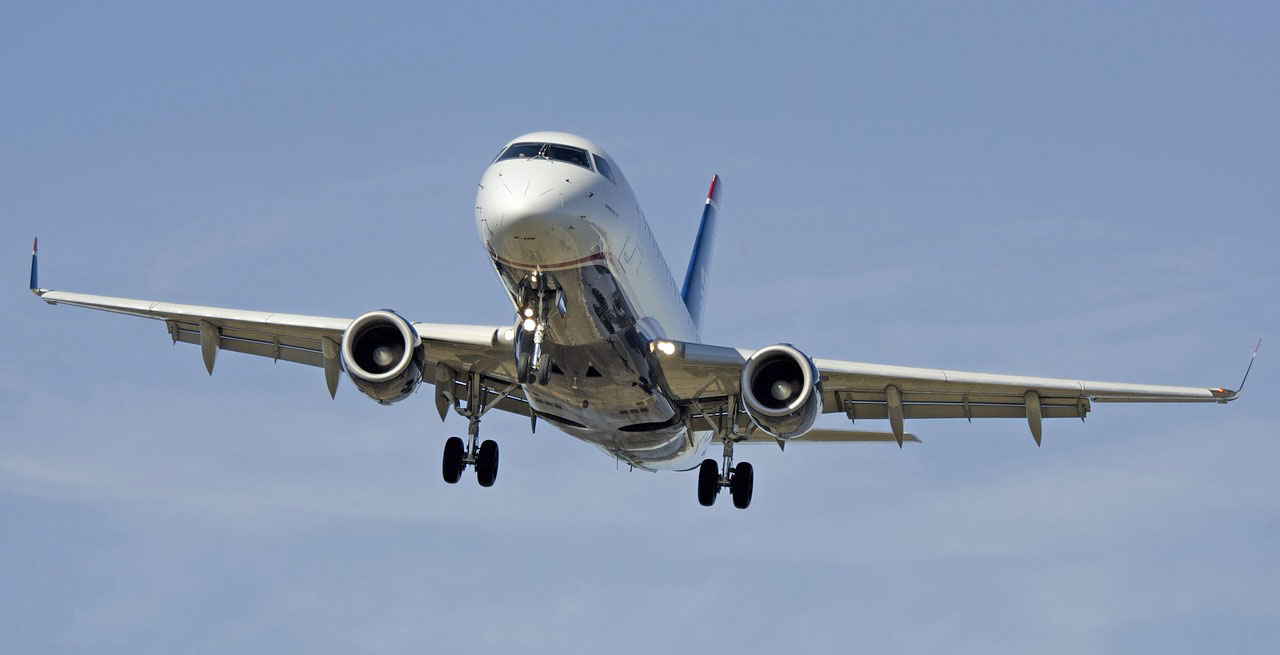Human Factors training is gathering pace – we have just delivered a one day course for the University of Exeter senior team and for a dental practice locally. Both were looking for ways to improve processes, learn from mistakes and improve communciation with a view to reducing error and improving performance at work.
Our set up is ideal for Human Factors because we can use the flight simulator to take people out of their comfort zone, put them under pressure, observe the way they handle decision making, stress and communciation issues – then help them translate that back to their own workplace.
Human Factors is of course about identifying the ‘human error’ aspect to a disaster or accident and making sure that it doesn’t happen again. It applies to all organisations but is critical to those where public safety is paramount or where lives are at stake. If identifying errors means that surgeons don’t operate on the wrong leg, or engineers don’t cause an accident etc then it is an essential part of training and development.
In our Human Factors training, we use a number of scenarios to test how people communicate and what they do when situations start going wrong. It’s about identifying points at which errors could occur and taking steps to protect against failure in processes or people.
Human Factors Training
Read more about Human Factors HERE



 We only accept payment in GBP.
We only accept payment in GBP.